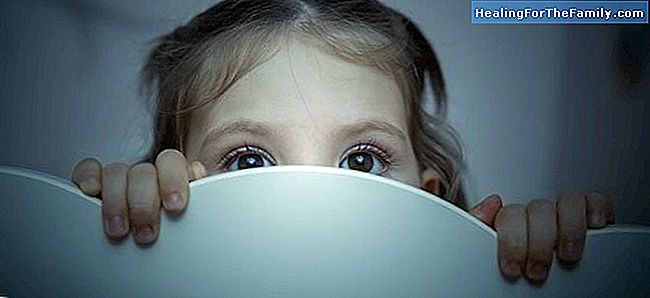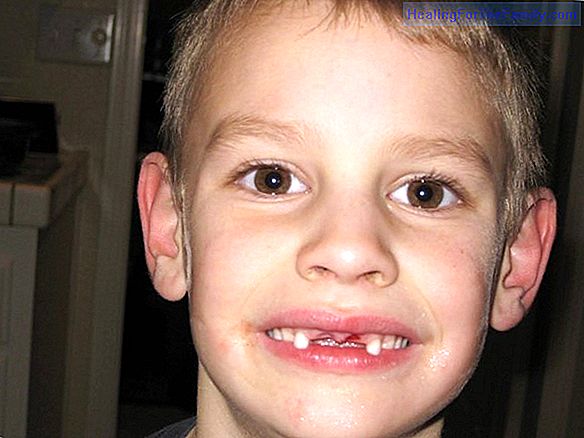Scary children
Being insecure, scary or fearful is a process that every child goes through in childhood . Since we are born, we are facing an unknown environment. As the child grows, the environment in which he moves is expanding and discovering. The child through his perception and interaction is shaping his expe
Being insecure, scary or fearful is a process that every child goes through in childhood. Since we are born, we are facing an unknown environment. As the child grows, the environment in which he moves is expanding and discovering. The child through his perception and interaction is shaping his experience.
When the child explores the environment, he receives stimuli that help him cognitively and socially. The problem comes when there are emotional maladjustments that lead to a process of insecurity and anguish.
Causes for which the child is scary

Children from infants up to the age of six are very sensitive to changes and are more prone to this type of imbalance. The stimuli that the child receives in this age range come particularly from the parents. In this family context we must be cautious, leaving aside stressful domestic situations and overprotective or negligent parental styles that negatively influence the child.
The causes of the child being scary come from the changes that occur in their environment. These alterations can be:
- Of great importance, due to a traumatic event such as the death of a relative.
- Of a minor nature such as a move, the loss of a toy, the father or mother arriving late to pick him up at the daycare center, etc.
At these early ages appear evolutionary fears, which occur naturally in all people. They can also be a cause of the child's fearful or scary nature.
Signs that indicate that the child is scary
When a child is scary, the learning process slows down and even cognitive regression may occur. The child does not take risks and stagnates. There are signs that can indicate that the fearful child:
- Emotional instability in the child. He becomes passive and taciturn.
- Recession in the type of displacement. Stop walking, going back to crawling or asking all the time to be carried in your arms.
- When you eat there is also regression, Stop using basic skills such as using cutlery. Reluctance.
- He has irrational fears and demands that the adult be with him at all times.
- Frequent sleep interruptions. Requirement to leave the light on or the presence of parents to sleep.
- Ask for help from parents to do things such as dressing, showering, etc.
- Problems of concentration that impede their school productivity.
- He has very little initiative to do something new, he prefers to stay in places where he feels safe
- He is shy and withdrawn what makes it difficult for him to relate to others.
The role of parents before scary children
The main thing is to be calm and be understanding with their way of acting. If this scary symptomatology is prolonged over time it is advisable to contact a specialist who can guide and treat the child. In addition, parents have to take special care to:
- Not laugh at the fears expressed by the child. Making fun of him further diminishes his confidence. No - Do not transmit more fear than you already have
- Do not force the child to go through situations he fears. Facing situations that directly generate fear can intensify this behavior.
- Beware of transmitting one's fears. Everything is learned.












